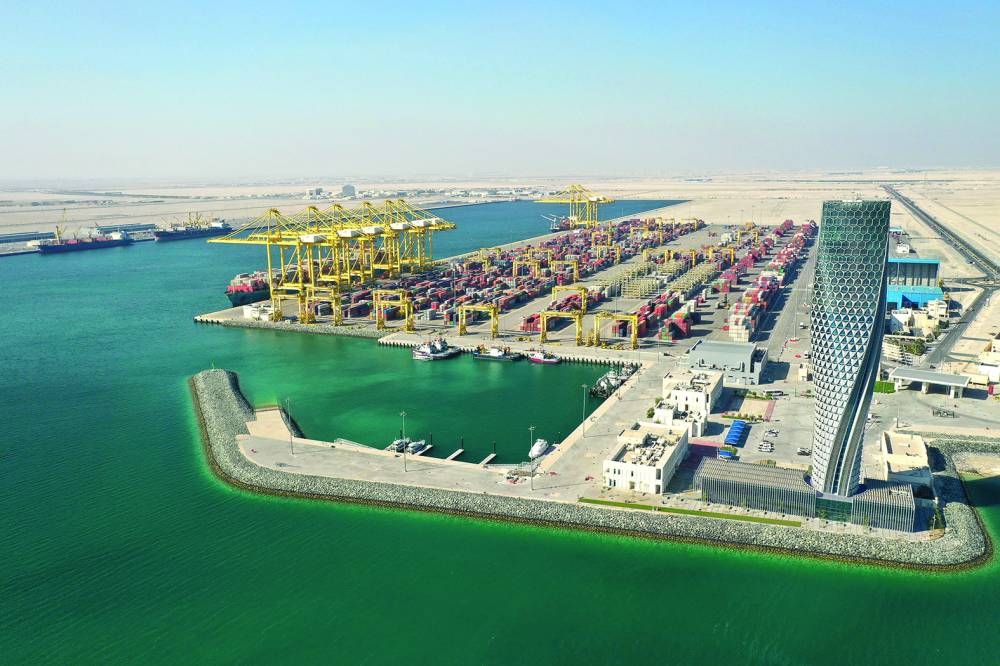Strong international and regional trade pacts could enhance Qatar's trade flows as Doha is poised to emerge as a logistics hub, PricewaterhouseCoopers, a global consultant, has said.
This, along with continued investment in ICT (information, communication and technology) infrastructure and public private partnerships (PPPs), was outlined by PwC as it chalked the 'future-focus' strategy for Qatar.
"Setting out strategic bilateral agreements with key trading partners can open new avenues for exports and imports, further integrating Qatar into the global trade ecosystem," PwC said.
By refining customs collaboration and cultivating strong trade agreements on both global and regional levels, Qatar can facilitate more fluid trade flows, it said.
"This strategy will boost efficiency and reliability in international commerce," the report added.
Moreover, embracing global initiatives such as the World Trade Organisation and the Gulf Co-operation Council (GCC) common market, it said, Doha can streamline customs procedures, reduce trade barriers, and stimulate economic growth.
"By creating a balance between global aspirations, regional integration, and local economic development, Qatar can be poised to emerge as a comprehensive logistics hub, serving as a gateway to both global and regional markets," it said.
Dwelling deep into the future-focus strategy, PwC said local initiatives such as the expansion of free zones and tailored incentives for specific industries underscore the country’s commitment to attracting businesses and fostering economic growth.
Qatar has also been actively cultivating its e-commerce and online platforms to address the evolving needs of its local market, according to the report.
"Three key areas can further support Qatar’s efforts in attracting more trade flow, regional co-operation, and improving local e-commerce," it said.
On ICT and advanced technologies, PwC said this can support Qatar in enhancing its ICT backbone to ensure seamless information flow throughout the supply chain, enabling efficient tracking, documentation, and communication.
Automation capabilities can address labour shortages with automatic freight handling, expediting cargo movement, and enhancing overall operational efficiency and cargo volumes.
On PPPs, the report said advanced infrastructure projects to create more opportunities for the private sector to both invest and align with their needs. Through attracting private investment, automated cargo handling systems at ports, the government can ease its financial burden, while private entities gain attractive investment opportunities.
"The collaboration ensures infrastructure aligns with private needs," it said, adding an example of this could be port facilities designed for efficient, bespoke container handling or automated warehouses – all shaped through private sector input during PPP planning.
"This blend of public oversight and private expertise can help foster efficiency and innovation," it said.

Strong international and regional trade pacts could enhance Qatar's trade flows as Doha is poised to emerge as a logistics hub, PricewaterhouseCoopers has said.

